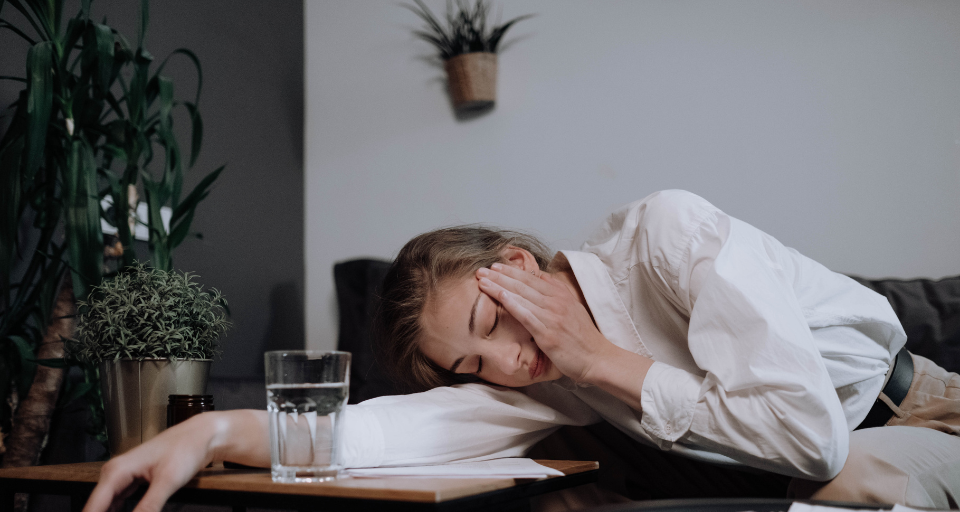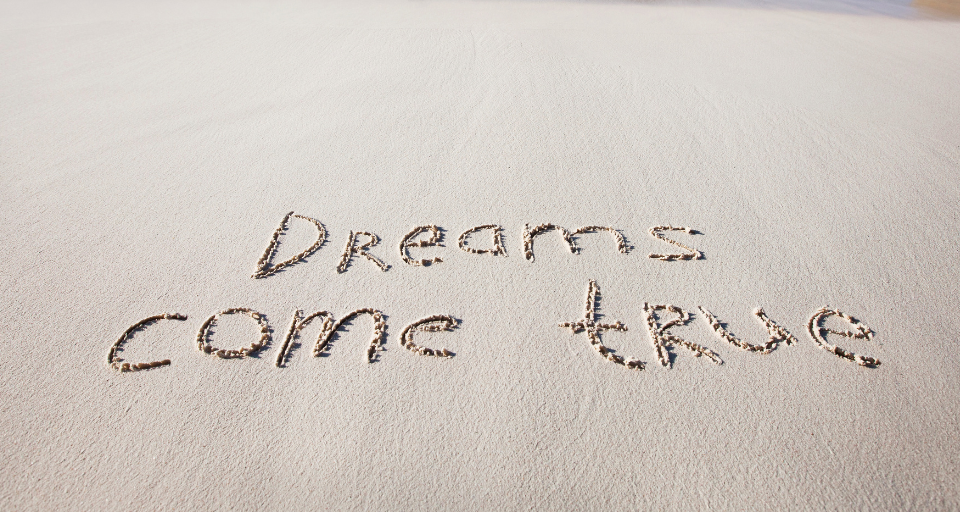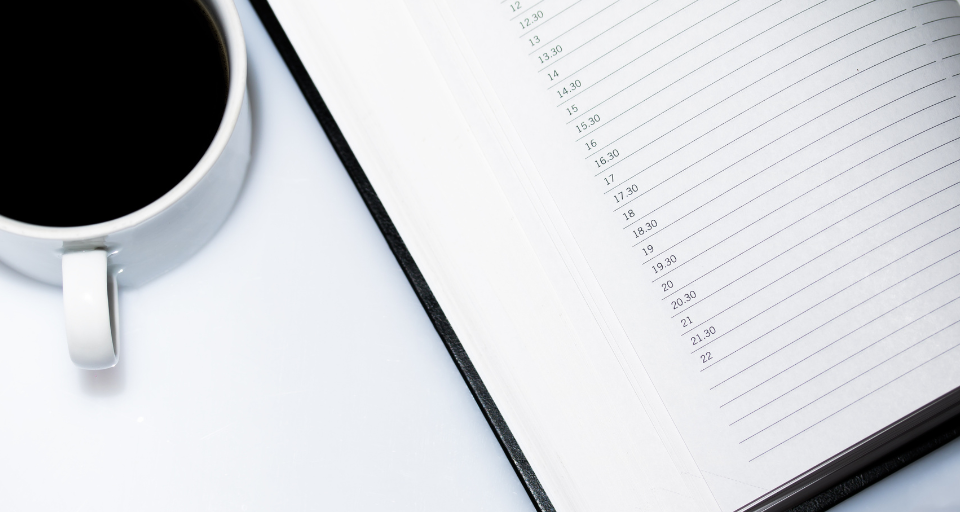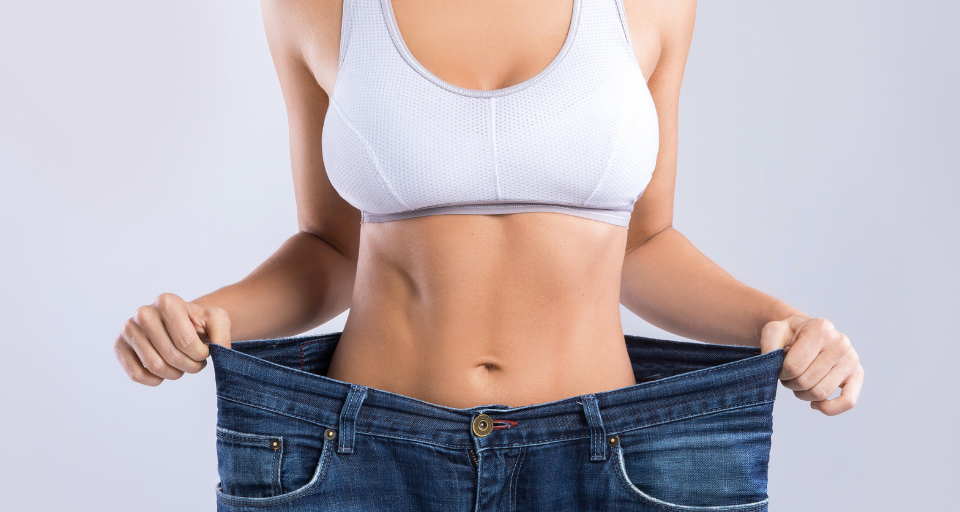Foods That Will Help You Get Your Best Sleep Possible
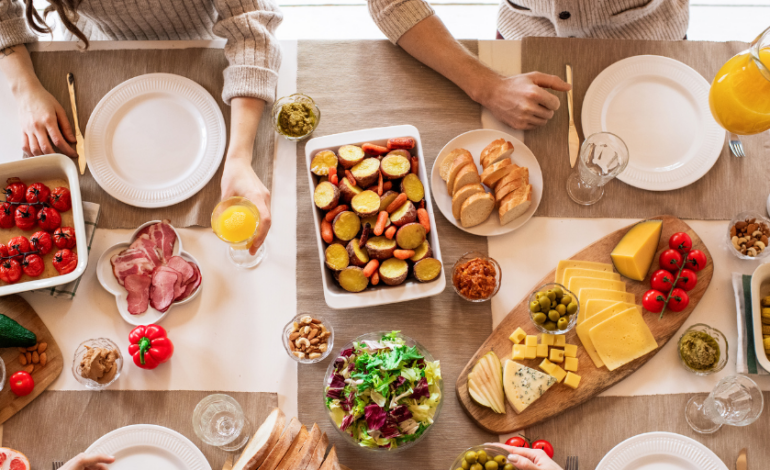
Getting a full night of restful sleep is so important for overall health and well-being. From boosting energy levels to helping with weight loss and stress reduction, it’s worth exploring how certain foods can help you achieve the best sleep possible. Read on to discover which foods you should be incorporating into your diet for the most peaceful slumber!
The Best Food to Sleep Health
Studies have linked insufficient sleep to a higher risk of obesity, type 2 diabetes, heart disease, and stroke. So if you’re not getting enough shut-eye, it’s time to make some changes. And one of the best places to start is with your diet. There are certain foods that can help promote better sleep, including magnesium-rich foods like dark leafy greens and nuts, calcium-rich foods like yogurt and salmon, and tryptophan-rich foods like turkey and eggs. So load up your plate with these sleep-friendly options and you’ll be on your way to a good night’s rest in no time.
Foods that Help Promote Better Sleep Quality
There are certain foods that can help improve the quality of your sleep. These include:
1. Almonds – Almonds are a good source of magnesium, which is a mineral that helps relax the body and promote sleep.
2. Chamomile tea – Chamomile tea contains the amino acid glycine, which has been shown to reduce anxiety and improve sleep quality.
3. Kiwifruit – Kiwifruit is rich in adenosine, a substance that promotes sleep by slowing down nerve activity.
4. Walnuts – Walnuts contain melatonin, a hormone that regulates our sleep-wake cycle.
5. Tart cherry juice – Tart cherry juice contains high levels of melatonin, which can help you fall asleep faster and improve sleep quality.
Vitamins and Minerals for Sleep
There are a few key vitamins and minerals that can help you get your best sleep possible. Magnesium and calcium are two minerals that are important for muscle relaxation and sleep. Vitamin D is also important for sleep, as it helps the body to produce melatonin. Melatonin is a hormone that regulates sleep-wake cycles. Try taking a multivitamin supplement that contains these key nutrients, or eat foods that are rich in them, such as dark leafy greens, salmon, tuna, egg yolks, sardines, fortified milk or orange juice, and almonds.
Foods to Avoid Before Bed
There are certain foods that you should avoid eating before bed if you want to get a good night’s sleep. These include:
1. Caffeinated beverages – Coffee, tea, energy drinks, etc. can all keep you awake and make it difficult to fall asleep.
2. Alcohol – While a glass of wine or beer may make you feel sleepy, it will actually disrupt your sleep later in the night.
3. Spicy food – Eating spicy food before bed can cause indigestion and heartburn, making it uncomfortable to sleep.
4. Heavy meals – A big meal right before bed can lead to nightmares or restless sleep.
5. Sugary snacks – Eating sugary foods before bed can give you an energy boost that makes it hard to fall asleep.
Recipes to Aid Sleep
There are a few key things to remember when you’re choosing foods to help you sleep. First, aim for foods that contain tryptophan, an amino acid that’s been shown to promote sleep. Foods high in carbohydrates can also help promote sleep, because they help raise levels of serotonin in the brain, which has a calming effect. Finally, avoid eating large meals before bedtime and instead focus on light, healthy snacks that won’t leave you feeling too full or too hungry.
With those guidelines in mind, here are some great recipes to try if you’re looking for foods that will help you sleep:
1. Honey-Almond Milk: This simple recipe combines two of the best sleep-promoting ingredients: honey and almond milk. The combination of the two creates a drink that’s both sweet and soothing, perfect for sipping before bedtime.
2. Turkey and Whole Grain Toast: This classic snack is a great option if you’re looking for something light but satisfying before bed. The turkey provides protein and tryptophan, while the whole grain toast will help fill you up without being too heavy.
3. Chamomile Tea: Chamomile tea is a popular herbal tea known for its calming properties. It’s perfect for sipping before bedtime and can even be enjoyed with a bit of honey or lemon for additional flavor.
4. Oatmeal with Fruit: Oatmeal is another great option if you’re looking for perfect products for sipping before bedtime.
Environment Tips to Enhance Sleep Quality
Right food you consume before bedtime will have best effects in combination with environmetn. There are many things you can do to your environment to help improve your sleep quality. Some simple tips to get started include:
1. Keep your bedroom cool and dark. A cool, dark room is ideal for sleeping as it promotes relaxation.
2. Make sure your bed is comfortable. A comfortable bed will allow you to drift off to sleep more easily.
3. Reduce noise levels in your bedroom. If you can’t eliminate all noise, try using a white noise machine or earplugs to help block out unwanted sound.
4. Establish a regular sleep schedule and stick to it as much as possible. Going to bed and waking up at the same time each day will help train your body to sleep better overall.
5. Avoid working or using electronic devices in bed. The blue light from these devices can disrupt your natural sleep rhythm and make it harder to fall asleep at night.
Getting the restful sleep you need can be a challenge, but with a few simple changes to your diet and lifestyle, you may find that achieving a regular and productive sleep cycle is much simpler than it seemed. Eating the right types of foods before going to bed can make all the difference when it comes to getting quality shut-eye. With these key foods in mind, as well as other helpful tips like winding down before bed and avoiding screens near your head at night, we believe that everyone has the potential to get their best sleep yet.
Warning: this article does not constitute medical advice. The article contains the author’s personal opinion and personal conclusions and observations. If you have problems with sleep or are interested in other issues related to it, it is better to consult your doctor.


